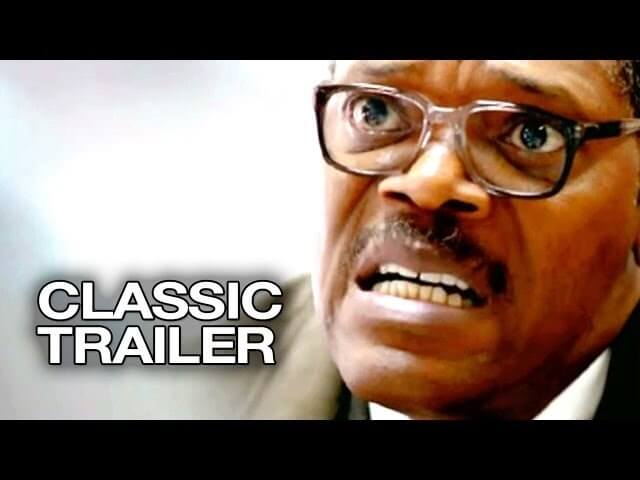Changing Lanes would be a comedy of errors if it weren’t so terrifying

Every day, Watch This offers staff recommendations inspired by the week’s new releases or premieres. This week: The Dark Knight takes on the Man Of Steel. Before picking sides in that title fight, check out these films about showdowns.
Changing Lanes (2002)
Roger Michell’s Changing Lanes evolves—from an upstairs-downstairs slice-of-life to a cat-and-mouse thriller, then to a tale of psychological horror—so quickly you barely notice the shifts. It becomes a far more terrifying film that its logline suggests. Two men are involved in a fender-bender on Manhattan’s FDR Drive, a minor conflict that escalates into a battle of wits with lifelong consequences. The film’s inciting event seems so mundane, it’s hard to process the pace at which bad turns to worse, and that’s what makes Changing Lanes quietly disturbing. It serves as a reminder that, in theory, you’re never more than a minor mishap away from a life-and-death struggle.
Ben Affleck and Samuel L. Jackson share the top line, with Affleck as well-heeled Wall Street lawyer Gavin Banek and Jackson as Doyle Gipson, a workaday insurance salesman and recovering alcoholic. The men floor their respective gas pedals to make court appointments that hold major consequences for their lives, and a distracted Gavin smashes into Doyle’s car. Doyle, who has dedicated himself to making better choices, insists he and Gavin swap insurance information and take care of the accident by the book. But Gavin, who has more money than time, offers him a blank check rather than wait for the police. When Doyle refuses, Gavin tells him “Better luck next time” and pulls away, stranding Doyle on a hectic highway bordering the East River.
Doyle is inconvenienced by the accident, but he’s infuriated by Gavin’s parting words, which underscore the film’s overtones of racial strife and class warfare. Doyle is a black man trying to scrape by, desperately hoping to prove his financial wherewithal to a family court judge to gain access to his young sons. He’s had a bad run of things, and Jackson, an expert at evincing pain and rage with his jawline, looks every bit like a man who hasn’t had it easy. Doyle is furious when Gavin, a tailored white lawyer in a luxury sedan, evokes luck as though Doyle’s lot in life is a result of drawing the short straw in a reincarnation cycle. Doyle knows luck has nothing to do with his reality or how it differs from Gavin’s life. So Doyle sets about destroying a document that Gavin needs to save the job and professional reputation that allowed him to treat Doyle so blithely in the first place.
Naturally Gavin retaliates once he realizes Doyle has the document in his possession, and the duel escalates until both men become their ugliest selves. The film tries to avoid taking sides between them, and settles instead for making them both awful people dealing with desperate circumstances. But it also works as a nauseating Rorschach test. It forces viewers to decide which of the men is more in the right—even as their actions grow increasingly indefensible—and then, to think about how they came to that conclusion.
Availability: Changing Lanes is available on Blu-ray and DVD from Netflix or possibly your local video store/library. It can also be rented or purchased from the major digital outlets.